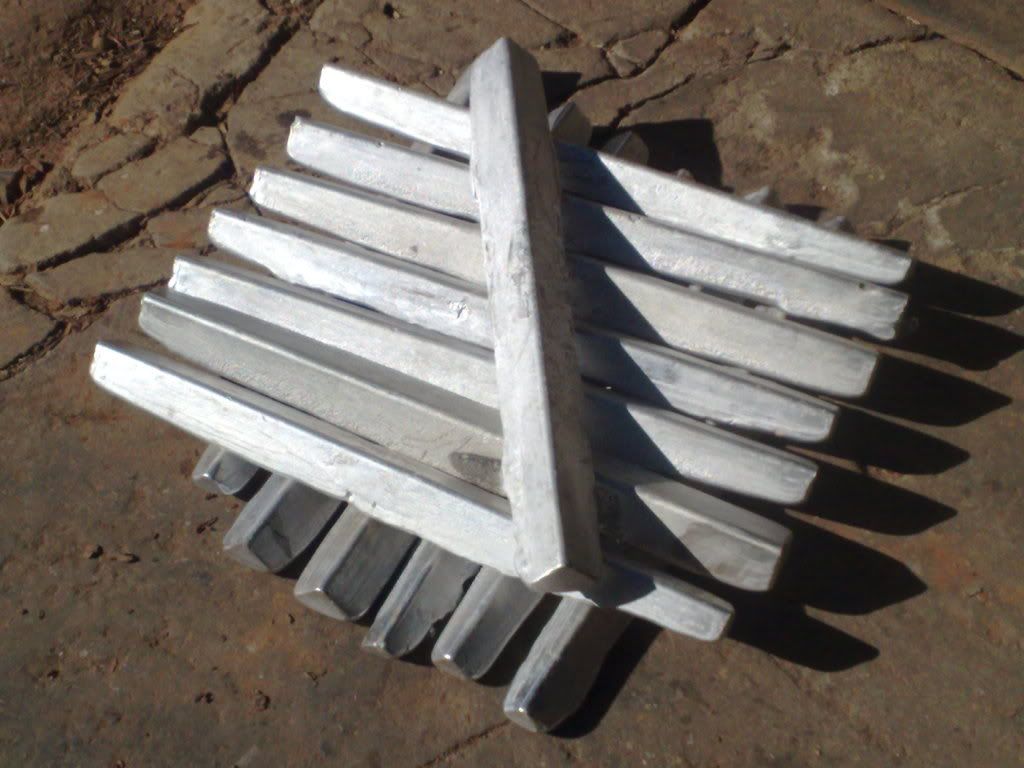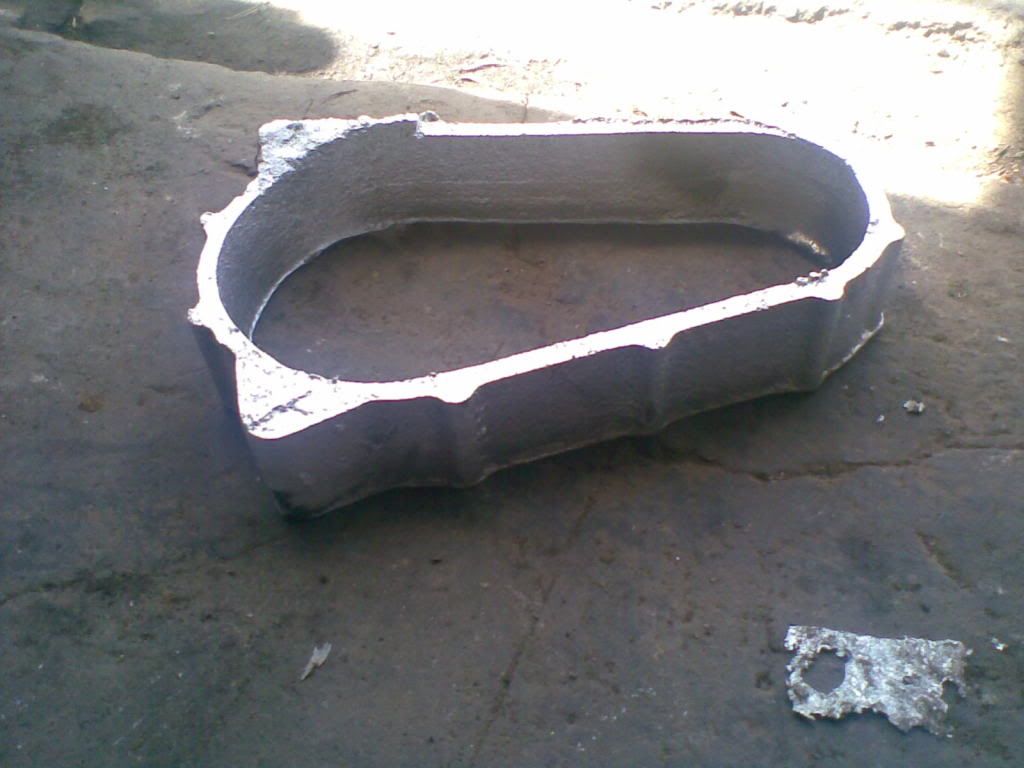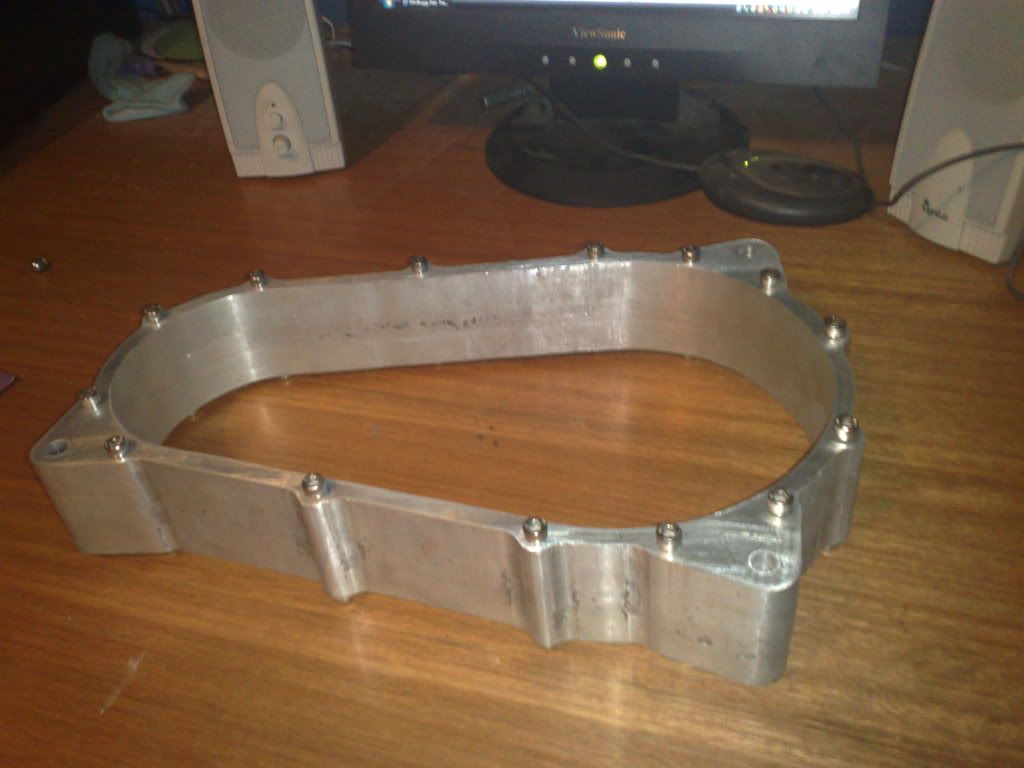ksor
Well-Known Member
- Joined
- Jul 18, 2007
- Messages
- 188
- Reaction score
- 14
I'm a complete newbie to this casting - the only things I have casted is lead for my fishing rod years back.
Now I seldom go fishing and take a beer instead and I have got lots of these beer cans - can they be used as raw materiel for casting a flywheel, frames or stuff like that for models ?
Now I seldom go fishing and take a beer instead and I have got lots of these beer cans - can they be used as raw materiel for casting a flywheel, frames or stuff like that for models ?







